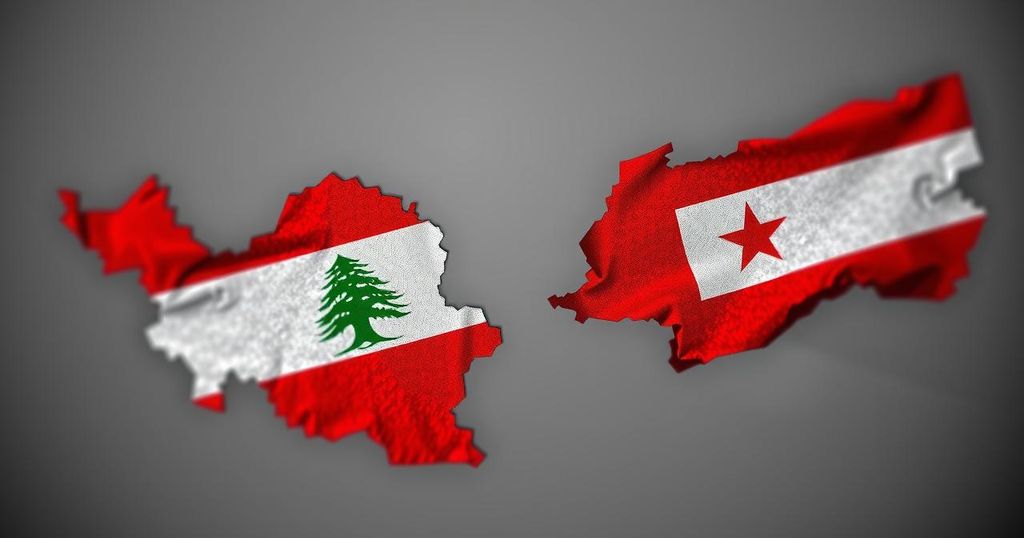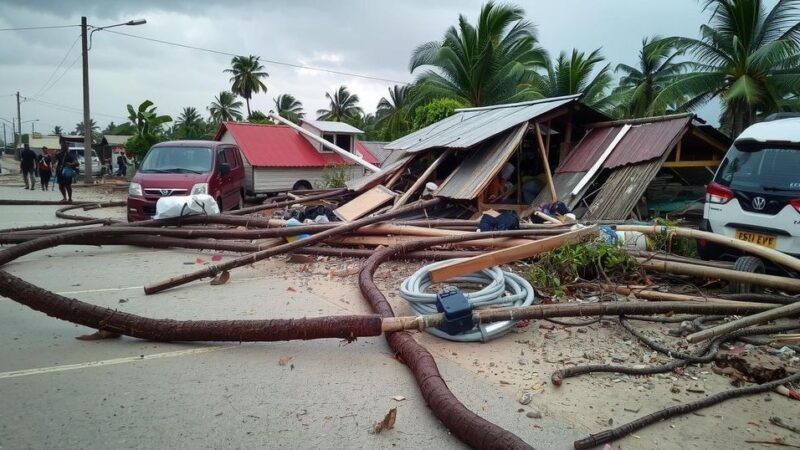Iran is crafting a diplomatic strategy to separate Lebanon from Gaza, focusing on maintaining Hezbollah’s power and increasing its regional influence amid negotiations. Key points include Israel’s demands that conflict with Lebanon’s sovereignty, as articulated by parliamentary speaker Nabih Berri.
Iran is reportedly strategizing a diplomatic blueprint aimed at severing the existing connection between Lebanon and Gaza. This initiative appears to be part of a broader bargaining strategy where Tehran is willing to trade this linkage in exchange for two primary objectives: ensuring Hezbollah’s ongoing dominance within Lebanon and enhancing Iran’s regional influence, particularly in relation to the Trump administration’s policies. This move raises significant implications for the delicate balance of power in the region and the future of Lebanon’s sovereignty. Draft proposals for a cease-fire agreement in Lebanon reveal underlying tensions, with certain provisions appearing to sacrifice key interests to appease external demands. A major point of contention is Israel’s call for sustained operational freedom within Lebanon, a demand that Lebanese officials, including parliamentary speaker Nabih Berri, have condemned as an infringement on national sovereignty. Berri has asserted that such stipulations are fundamentally “non-negotiable.” The ongoing negotiations underscore the complexities of regional politics and the challenges that Lebanon faces in asserting its autonomy amid external pressures.
The ongoing geopolitical landscape in the Middle East is characterized by various factions vying for power and influence, notably between Iran, Hezbollah, and Israel. Iran’s support for Hezbollah has been pivotal for the group’s operations and its standing within Lebanon. However, fluctuating diplomatic priorities and the influence of external actors, particularly the United States, have prompted Tehran to reassess its strategies in the region. Recent discussions surrounding a cease-fire deal illustrate these complexities, especially as Lebanon grapples with national sovereignty issues while faced with regional conflict dynamics.
In summary, Iran’s efforts to disengage Lebanon and Gaza highlight a significant shift in its diplomatic strategy aimed at consolidating power within Lebanon and exerting regional influence. The challenges posed by Israel’s demands for operational latitude within Lebanon raise critical questions about national sovereignty and the future of Hezbollah’s political role. As negotiations proceed, the implications for Lebanon’s autonomy and the broader geopolitical landscape remain uncertain.
Original Source: www.haaretz.com







